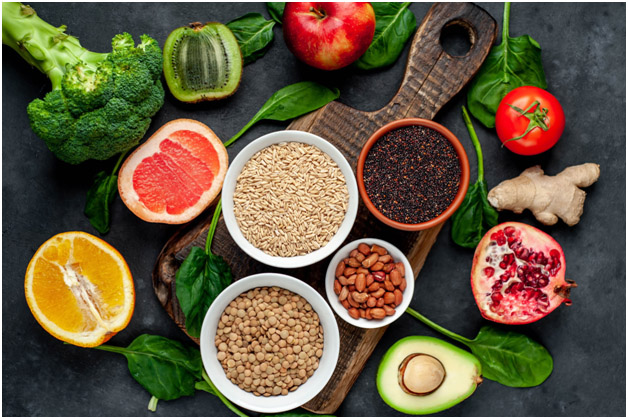
Good nutrition is important to keep the body strong and healthy. However, regular nutritious and tasty meals can become a challenge for seniors with eating difficulties. For such seniors, poor nutrition may cause weight loss, mood changes, and an increase in other behavioral or health issues.
Basic nutrition tips are not different for people with eating difficulties; the only difference is the manner of preparation.
Nutrition tips include:
- Providing a balanced diet with a variety of foods, like fruits, vegetables, whole grains, low-fat dairy products, and lean protein foods.
- Limiting foods with high saturated fat and cholesterol.
- Cutting down on refined sugars, most often found in processed foods. There are healthier and easier to consume options like natural, unsweetened fruit shakes, and nutritional drinks.
- Limiting food with high sodium and using less salt. This is mostly because too much sodium affects blood pressure, which can be especially dangerous for the elderly.
Incorporate a Soft Diet
Soft diets consist of easily digestible foods and are usually prescribed to either seniors who are recovering from surgeries or other medical conditions. It is also great for those with swallowing disorders (also known as Dysphagia). Some examples of foods that can be enjoyed in soft diets are:
- Vegetables – green beans, soft, cooked carrots, chopped cooked spinach, well-cooked broccoli, cooked zucchini without seeds, etc.
- Fruits – mostly cooked peeled apples and applesauce, avocado, bananas, cooked pears, puréed fruits, peeled soft peaches, etc.
- Eggs – cooked whole eggs, egg whites, egg salad
- Soups – puréed or broth-based soups with soft-cooked vegetables
- Grains and starches – sweet potatoes, mashed potatoes, cooked cereals, butternut squash, moistened pancakes, soft noodles, etc.
Foods to Avoid
Hard to digest foods or those that are tough to chew should be strictly avoided, as well as spicy or very acidic foods. Here are some commonly restricted foods for people with eating difficulties:
- Raw vegetables, deep-fried vegetables, or vegetables with seeds or rinds.
- Fresh fruits with peels and seeds, dried fruits, and highly acidic fruits like limes and lemons.
- Dairy products like hard cheeses or cheeses with nuts or dried fruits in them, yogurt with seeds or other added ingredients like nuts or chocolate.
- Tough cuts of meat, fried poultry or fish, whole cuts of meat, and other tough chunks of meat.
- Spicy or irritating foods like hot peppers, tomato or tabasco sauce, cabbage, and beans.
- Chewy candies, seeded jellies and jams, alcohol.
Take Away
Seniors who regularly eat nutritional meals are more likely to thrive and lead happy lives than those who do not. When preparing food for the elderly, it’s important to choose healthy, soft, and easily digestible foods and to avoid foods that can be irritating or hard to chew or digest. Despite the challenges, if you take extra time and care to prepare healthy meals, your loved ones will benefit from it. Want to know more about proper senior care? Get in touch with Aravilla Clearwater Memory Care today!



